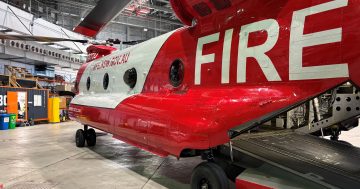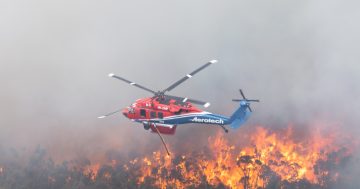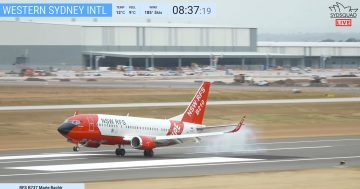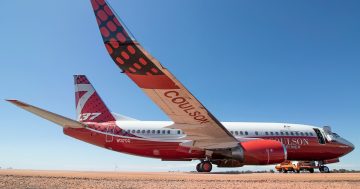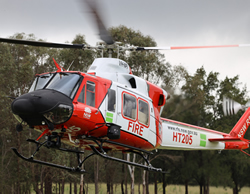 A performance audit into how effectively the NSW Rural Fire Service (RFS) planned and managed the firefighting equipment it needed to prevent, mitigate, and suppress bushfires has found the RFS didn’t have an overarching strategy to guide it.
A performance audit into how effectively the NSW Rural Fire Service (RFS) planned and managed the firefighting equipment it needed to prevent, mitigate, and suppress bushfires has found the RFS didn’t have an overarching strategy to guide it.
Deputy Auditor-General Ian Goodwin said his report, Planning and managing bushfire equipment, described challenges in planning and managing the firefighting fleet, including a confusion of roles and responsibilities between the RFS and local councils in relation to managing certain land-based rural firefighting fleet.
“The lack of cohesion in roles and responsibilities for managing rural firefighting vehicles increases the risk that these firefighting assets are not properly maintained and managed, and introduces a risk that this could affect their readiness to be mobilised when needed,” Mr Goodwin said.
He said recommendations from inquiries into the 2019–20 bushfires had driven significant levels of fleet improvement activity, mainly focused on the addition of safety features to existing fleet appliances.
“The RFS has dedicated most of its efforts to purchasing and refurbishing firefighting appliances of the same type and in the same volumes year on year,” Mr Goodwin said.
“However, the RFS is unable to demonstrate how the composition, size, or the locations of the NSW firefighting fleet is linked to current fire prevention, mitigation, and suppression requirements, or future fire risks,” he said.
“There is limited evidence that the RFS has undertaken strategic fleet planning or assessment of the capability of the firefighting fleet to respond to current bushfire events or emerging fire risks.”
Mr Goodwin said the Agency did not have an overarching strategy to guide its planning, procurement or distribution of the firefighting fleet.
He said the RFS had taken an asset protection approach to bushfire prevention and planning that was based on the Australian and New Zealand Standard for Risk Management.
“However, fleet requirements are not linked to NSW asset protection plans, meaning that fleet is not allocated according to the identified risks in these plans,” the Deputy Auditor-General said.
“Further, the RFS does not develop fire prevention plans for areas where there are no identified assets,” he said.
“The RFS does not have effective oversight of fleet maintenance activity across the State, and is not ensuring the accuracy of District Service Agreements where maintenance responsibilities are described.”
Mr Goodwin made six recommendations to the RFS to develop a fleet enhancement framework and strategy; develop fleet performance measures; report annually on RFS Districts; ensure adequate number of local brigade volunteers who are appropriately trained; establish a fleet maintenance framework; and improve processes for timely recording of fleet asset movements.
The Auditor-General’s 51-page Report can be accessed at this PS News link.


